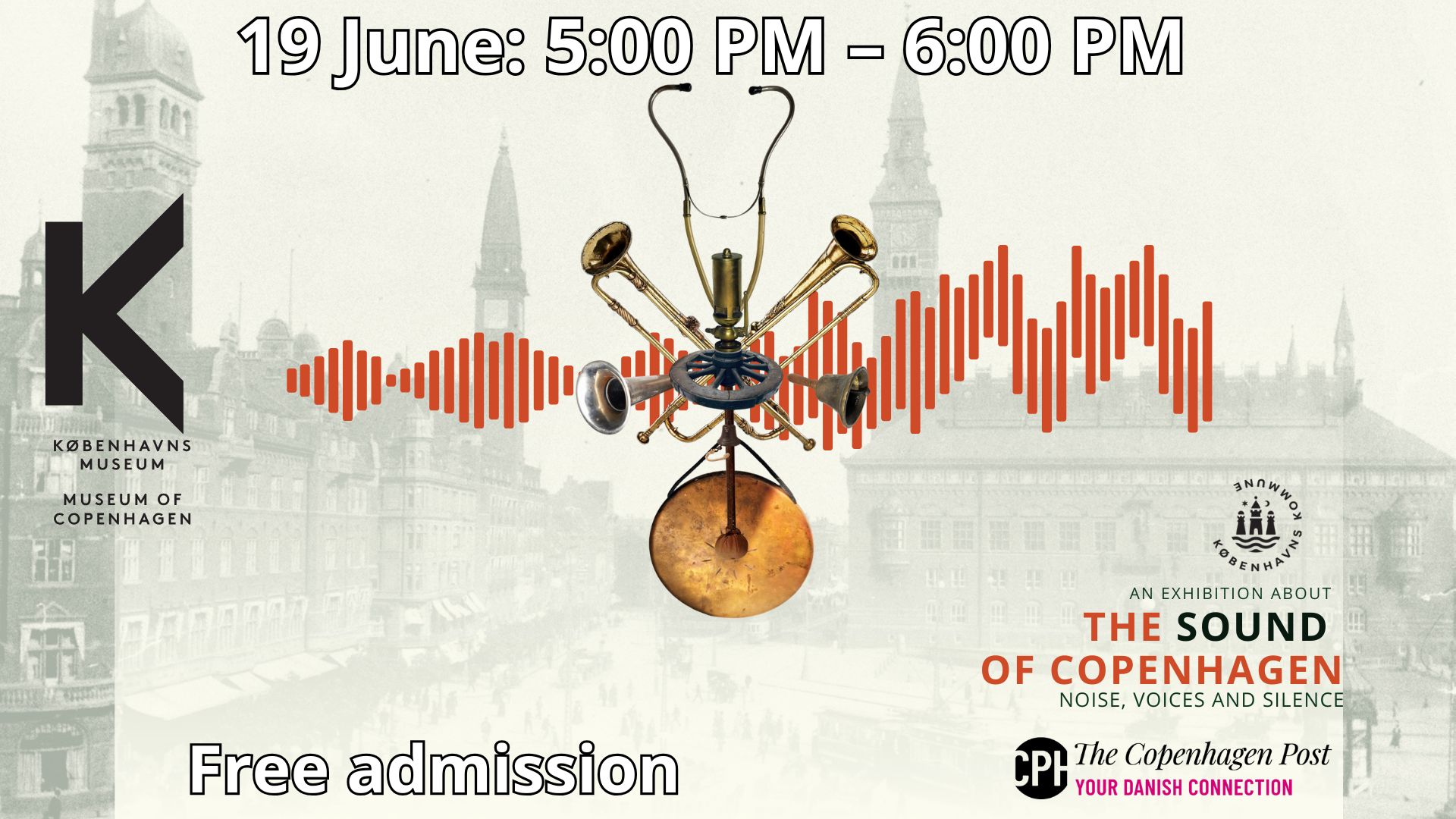An invasion force is currently occupying Denmark.
No, it’s not the Russians, and Dansk Folkeparti (DF) can relax too because they’re not asylum-seekers either, although they are unwanted immigrants of sorts. It’s the Spanish slug (known less affectionately as the ‘dræbersneglen’ – the ‘killer snail’) in Danish circles.
The wet and mild spring and summer means that hordes of the unwanted species have emerged to descend upon Denmark’s gardens.
“The killer snails have had a really good winter, a good spring and actually a very good early summer,” Steen Hedrup, a nature guide from the knowledge and exhibition centre Økolariet, told DR Nyheder. “So we don’t need to fear that they’ll die out right away.”
The unwanted Arion Vulgaris – no DF, that’s the slug’s Latin name and not a Lithuanian worker – is an invasive species that was first observed in Denmark in 1991 in Bornholm.
READ MORE: Starlings disappearing from Denmark
Train your local hedgehog
Killer snails can decimate a garden and eat just about any type of plant besides trees. It uses its sense of smell to locate food and will also devour dead animals and animal excrement, although plants emanating strong odours are usually eaten first.
Originally hailing from the Iberian peninsula, the slug has managed to gain a solid foothold in Denmark because it has no natural enemies and the moist climate suits it well.
Hedrup contends that a good way to combat the slugs is to cut them in half and leave them in the garden. This will apparently help train hedgehogs to eat the slugs.













